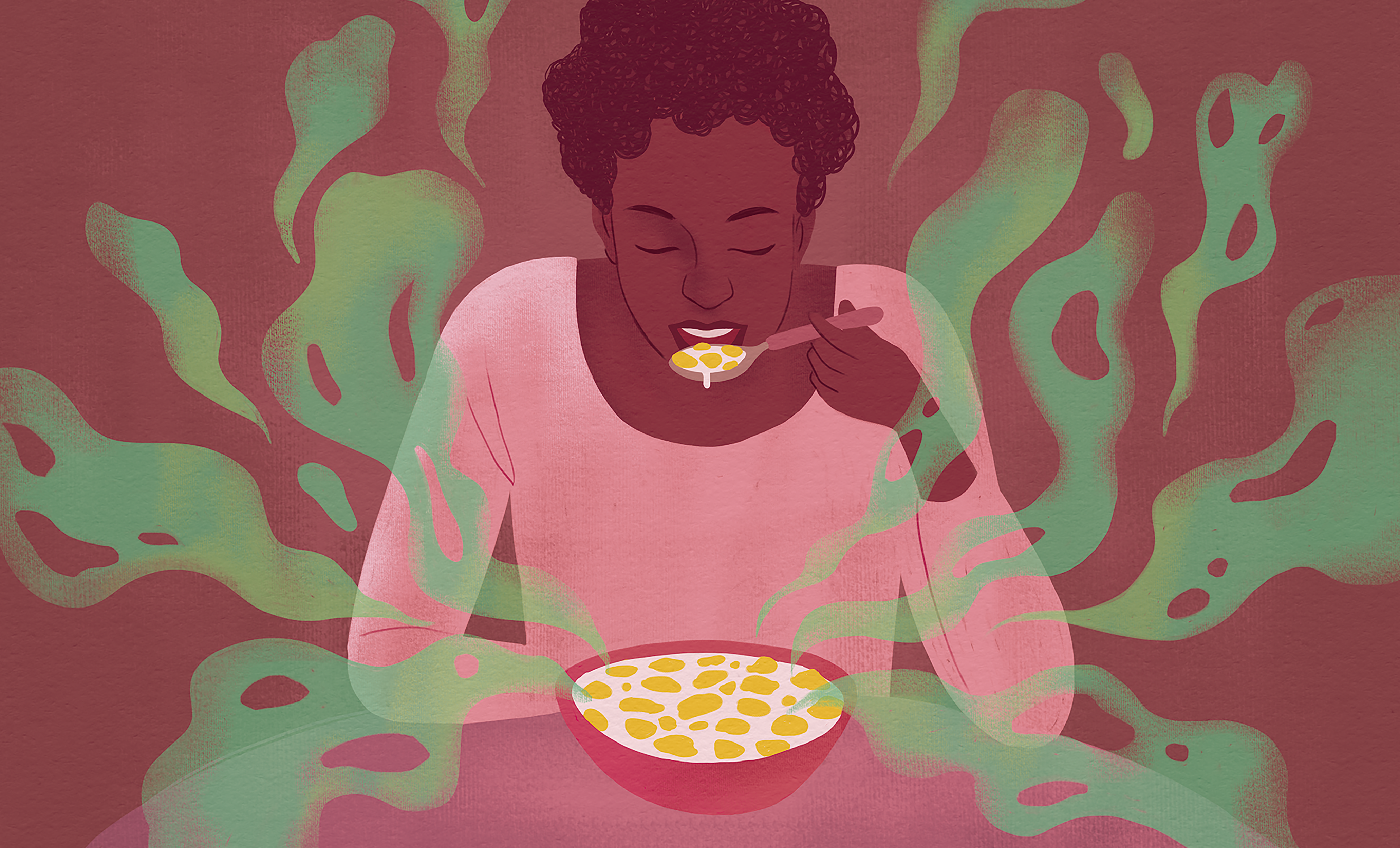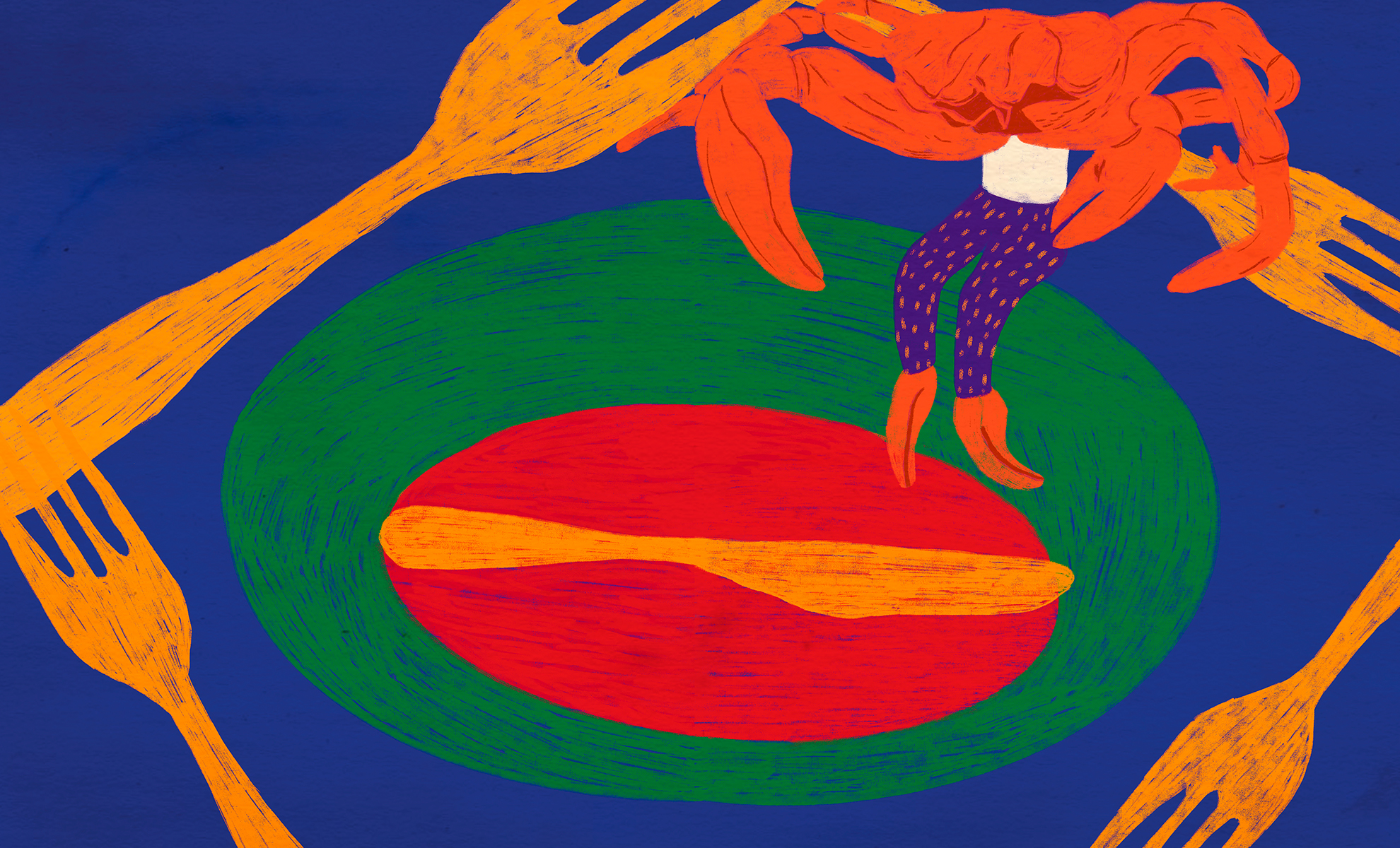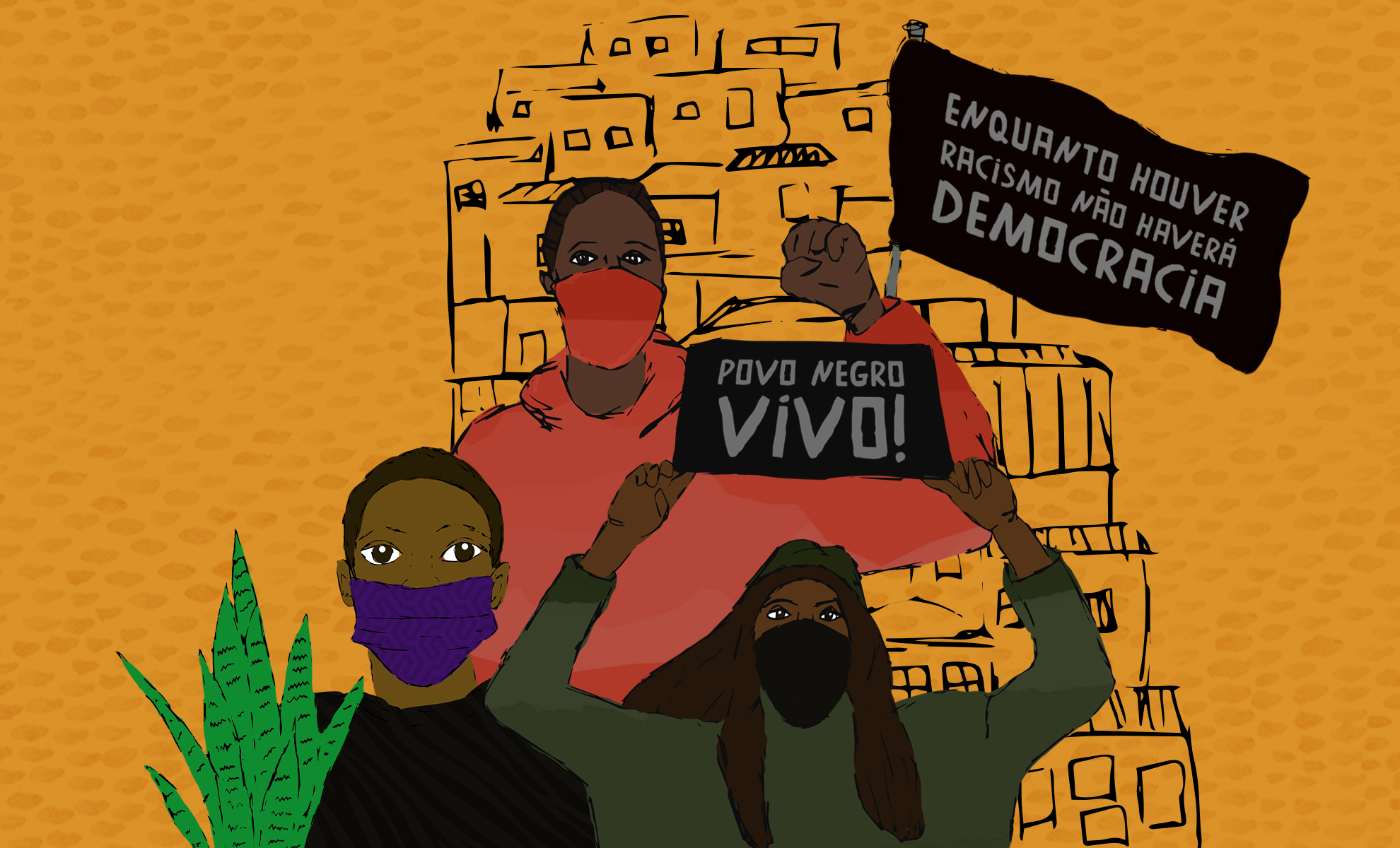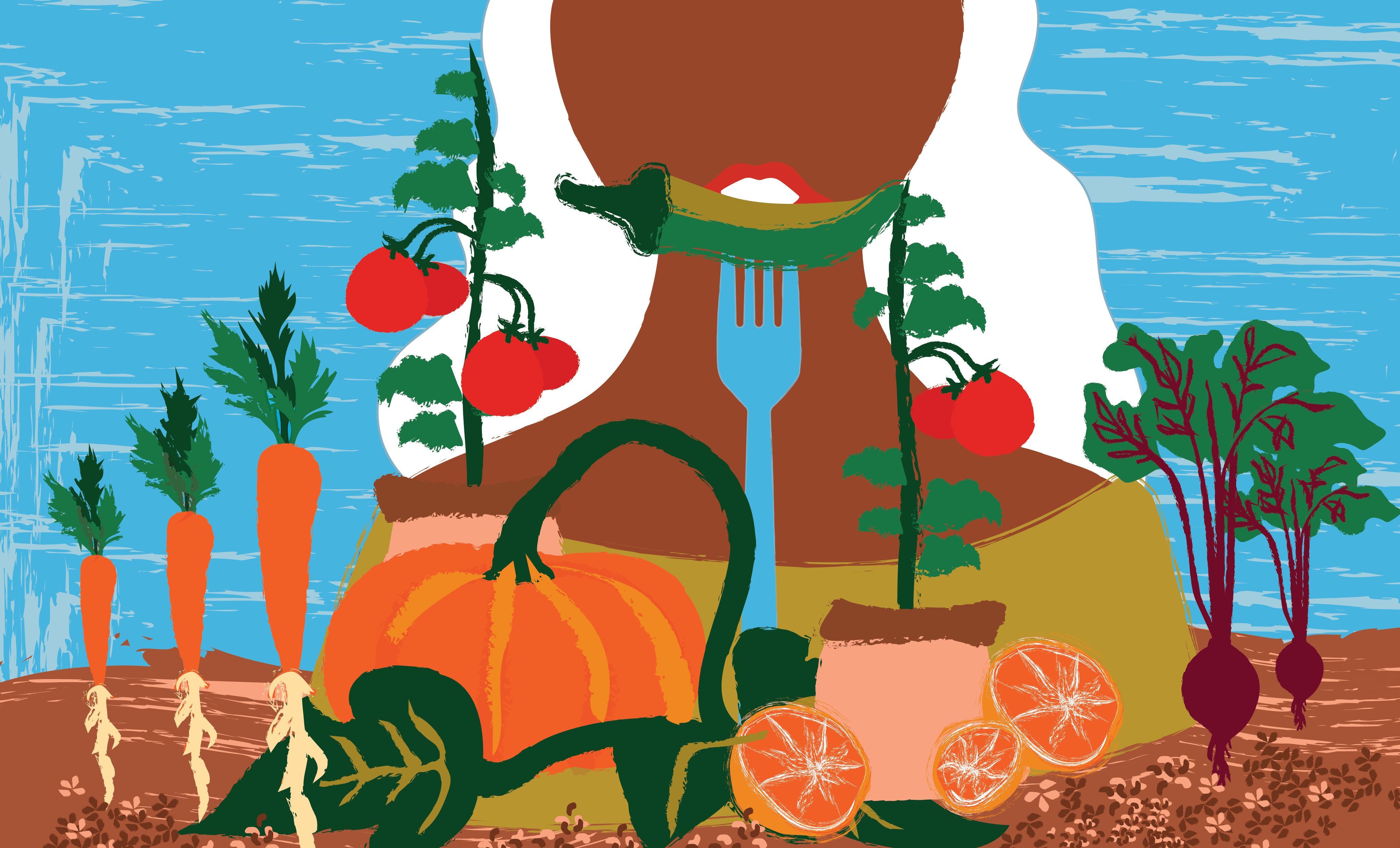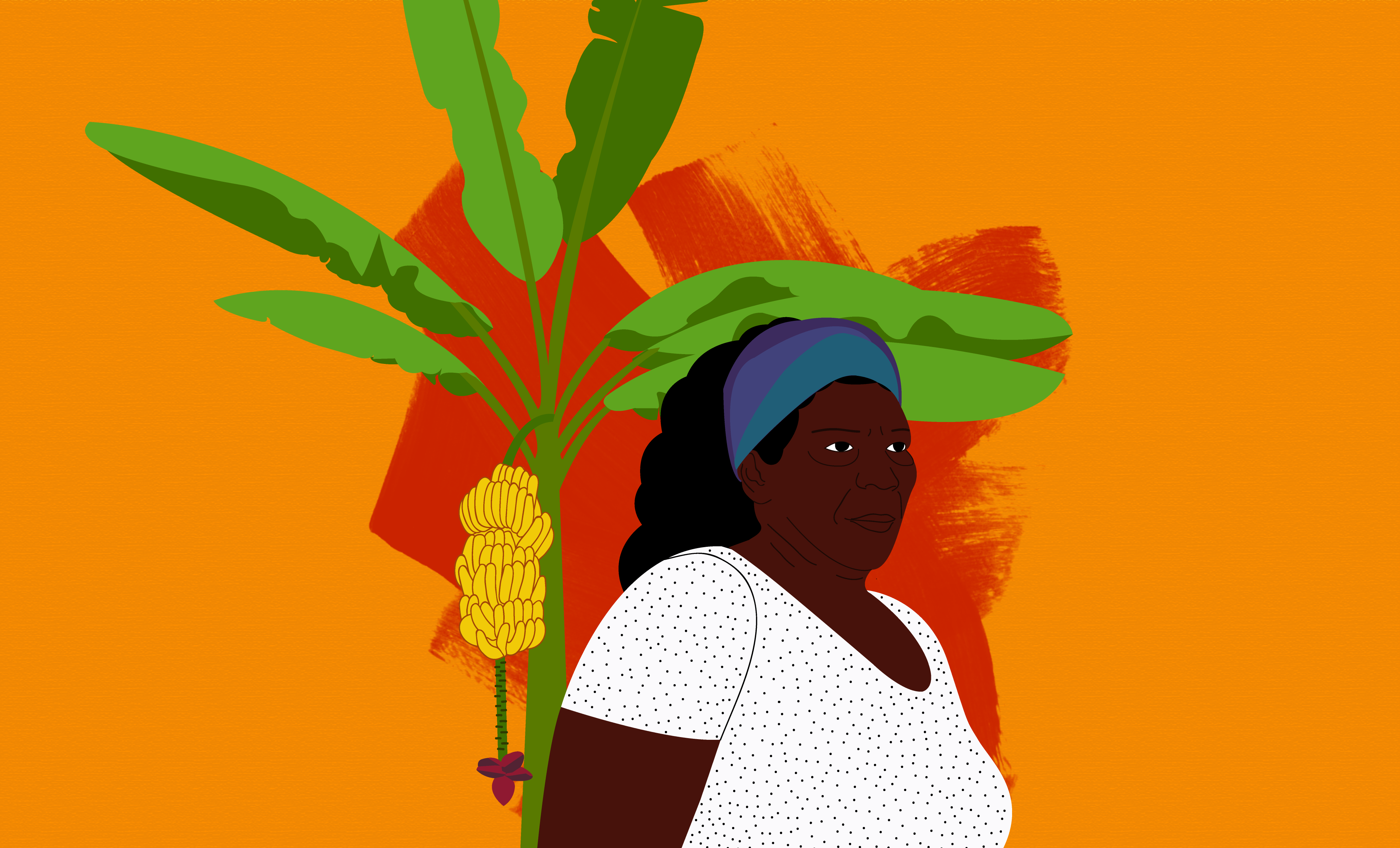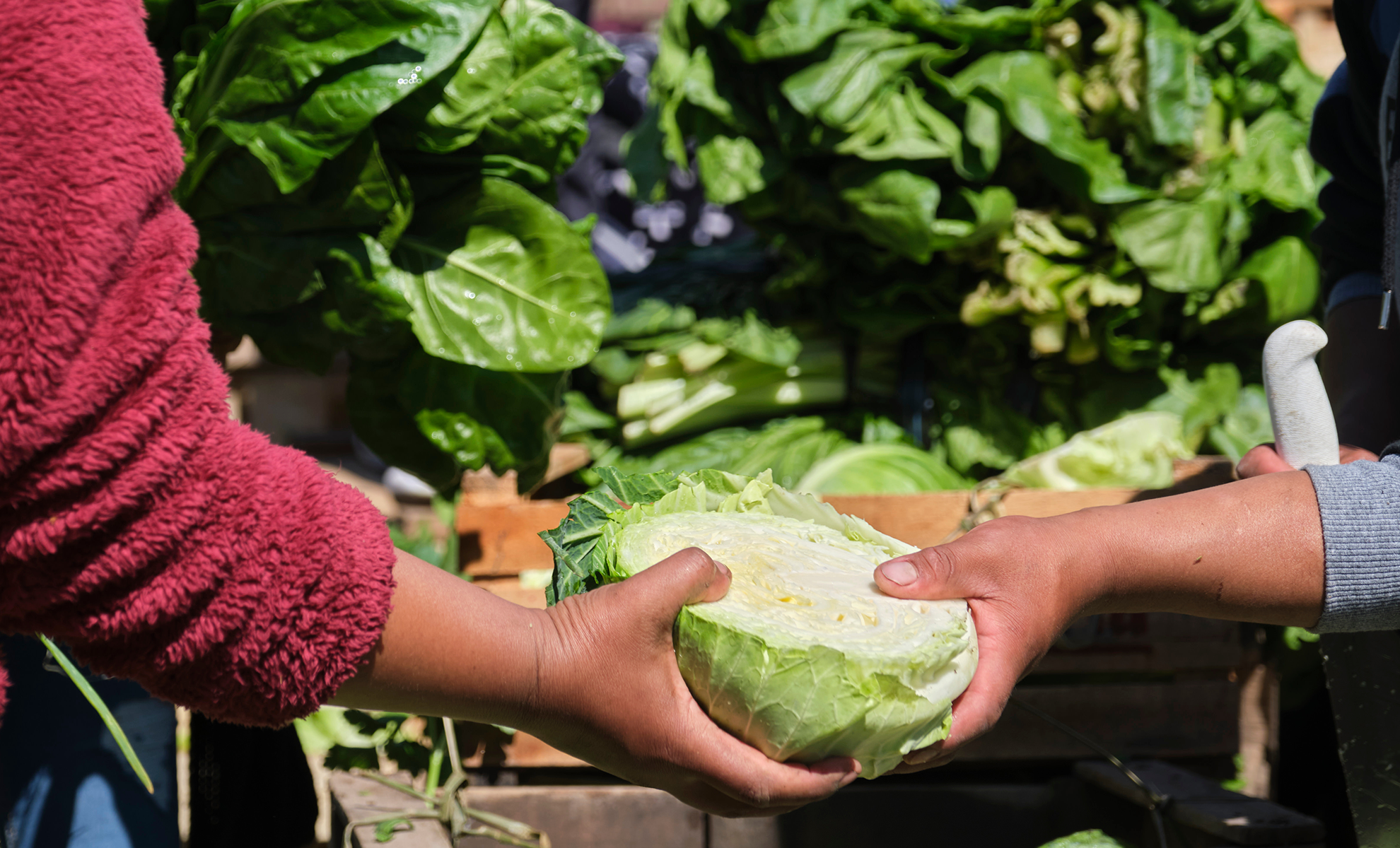Food systems
The Food systems program aims to contribute to the development of healthy, fair, and sustainable food systems. The way society produces, distributes, and consumes food has a profound impact on people’s health, on social relations, and on the environment. These dimensions interact and reinforce one another, potentially fostering a healthy environment or deepening the deterioration of living conditions on the planet. Food systems also produce culture and value, making it possible to positively transform society’s relationship with traditional cultures and to change how wealth is distributed along food chains, thus preventing the erosion of local dietary patterns.
Learn more about this program’s donations.
The program supports organizations and initiatives based on four strategic objectives:
-
Supporting agroecological transitions by strengthening public policies, research and innovation
Transforming dominant food systems requires reconfiguring production methods and structures for food processing, distribution, and commercialization.
Food chains that value biodiversity, promote short supply chains, uphold fair labor practices, and strengthen local food cultures — while centering the role of small producers, traditional peoples, and communities — offer pathways to simultaneously address the climate crisis and malnutrition, promoting healthy, fair, and sustainable food systems. Agroecological transition processes aimed at expanding healthy food production, promoting sustainable rural development, addressing climate change, and increasing the sustainability of Brazil’s agroecosystems and biomes must be grounded in three pillars: public policies that ensure rights and scale up consolidated experiences; research that integrates scientific knowledge with traditional wisdom; and innovation through social technologies, as well as the improvement of equipment and tools to scale production, commercialization, and stakeholder coalitions.
Ibirapitanga supports initiatives to strengthen public policies for technical assistance targeting family farming; improve and implement pesticide use regulations in Brazil; foster agroecological social innovations and technologies tailored to the specificities of Brazilian biomes; and empower civil society organizations in food-related climate debates.
-
Expand regular access to healthy and culturally appropriate nourishment
Worldwide, millions of preventable deaths are attributed to non-communicable chronic diseases linked to unhealthy diets, such as cardiovascular disease, hypertension, diabetes, and cancer — conditions that stress healthcare systems and economies.
Malnutrition in its various forms — obesity, undernutrition, and hunger — is the leading cause of poor health globally, with high incidence rates that contradict historic improvements in health indicators such as life expectancy, maternal and infant mortality, and infectious disease deaths. Tackling malnutrition from a systemic perspective involves reorganizing food supply systems by valuing short supply chains, local production, and agroecology-based farming.
Ibirapitanga supports initiatives that enhance and implement public policies and social technologies for food and nutritional security, as well as those that strengthen the implementation and monitoring of the Brazilian National School Feeding Program (PNAE) to expand the supply of healthy food aligned with local cultures, and to increase participation of family farmers in supplying public schools.
-
Promoting healthy and sustainable diets
A globally recognized tool, the Dietary Guidelines for the Brazilian Population provide the government’s official recommendations for the population’s diet and are based on the NOVA classification, which categorizes different groups of food according to their level of processing. This innovative approach broadened the conversation about healthy eating by incorporating elements such as food culture and official guidelines for reducing the consumption of ultra-processed products. However, the Guidelines have come under attack from sectors aligned with agribusiness and the food industry, which see the NOVA classification as a threat to their economic interests. In 2020, the Ministry of Agriculture and Livestock formally requested a revision of the guide, criticizing the classification as “confusing” and claiming it limited people’s food autonomy — an argument often echoed by private sector lobbyists.
Ibirapitanga supports initiatives aimed at strengthening and implementing regulations to reduce ultra-processed products consumption; integrating the Dietary Guidelines into cross-sector public policies; and reinforcing institutional food environments that promote healthy eating.
-
Strengthening food systems governance
The influence of private interests in public policy formulation is one of the main barriers to the development, implementation, and maintenance of food, nutrition, and health programs and policies. Today’s setting — where corporations influence consumer choices in ways that harm public health — is identified as part of the “commercial determinants of health” by researchers, civil society organizations, and the World Health Organization (WHO) itself. To promote food policies that are fairer and more effective in ensuring the right to adequate food, it is necessary to strengthen regulatory mechanisms that can confront conflicts of interest involving agribusiness and the food industry. Qualified social participation and the mobilization of networks, coalitions, and civil society alliances are central to ensuring that political decisions prioritize public well-being, public health, and environmental sustainability.
Ibirapitanga supports initiatives that increase civil society’s oversight capacity within national food and nutrition security plans, as well as those for organic and agroecological production and supply; that strengthen and incorporate regulatory mechanisms to reduce agribusiness and food industry interference in food policy; and that reinforce civil society networks, coalitions, and ecosystem coordination.
Latest grants
See all-
Food systems
Instituto Escolhas
O Instituto Escolhas é uma organização sem fins lucrativos em 2015, com a missão de qualificar positivamente o debate público por meio da tradução numérica dos principais desafios do país e propor soluções capazes de efetivar o desenvolvimento sustentável e a redução das desigualdades.Saiba mais-
Inclusão produtiva e transição dos sistemas agroalimentares
About the grant
Apoio voltado ao fortalecimento das ações que promovam uma transição climática justa para a agricultura familiar no Brasil, com ênfase no papel estratégico da assistência técnica. Diante da vulnerabilidade dos agricultores familiares frente à crise climática e à baixa inclusão nas políticas públicas, a iniciativa busca elaborar propostas baseadas em evidências para fortalecer a PNATER — Política Nacional de Assistência Técnica e Extensão Rural e programas relacionados. Por meio do apoio, a iniciativa pretende ampliar o acesso à assistência técnica, beneficiando agricultores familiares, assentados, povos indígenas e outras comunidades, com o objetivo de garantir, até 2025, que o Ministério do Desenvolvimento Agrário e Agricultura Familiar priorize essa oferta como instrumento-chave para a sustentabilidade no setor agroalimentar.
Value
R$ 300,000.00Duration
12 mesesYear
2024
-
